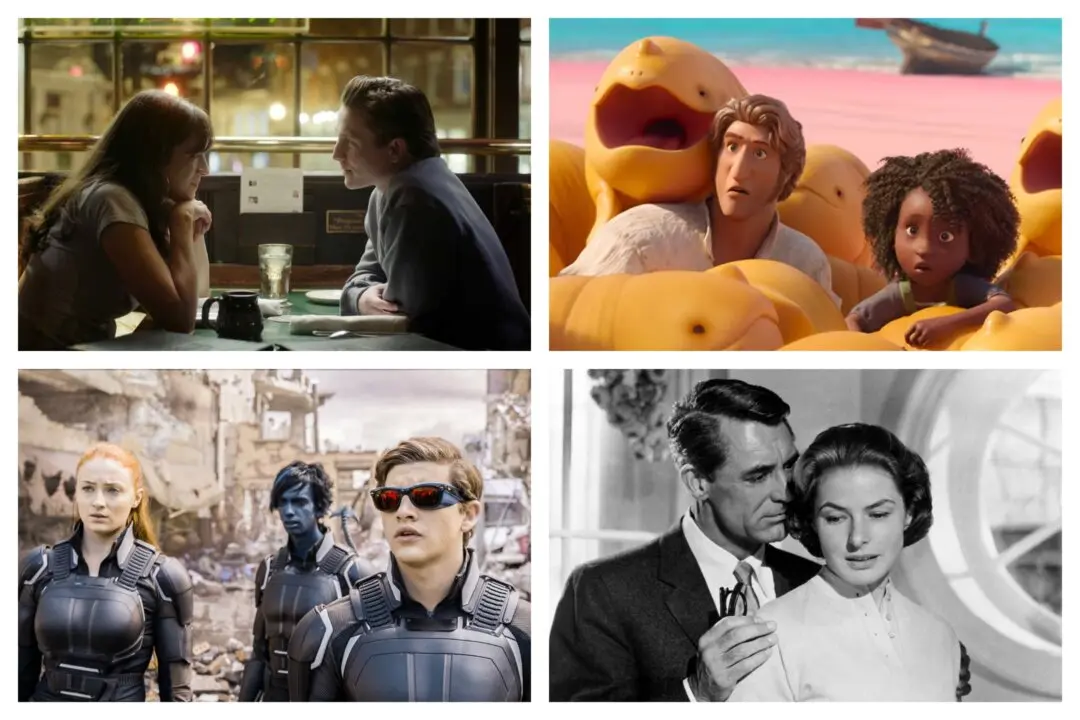Not Rated | 2h 1min | Drama, Comedy | 1958
Celebrated American director John Ford is probably best remembered for his excellent Westerns, such as “Stagecoach” (1939) and “Rio Grande” (1950). As a consequence, many of the non-Western films either have been underrated or flew under the cinematic radar.






